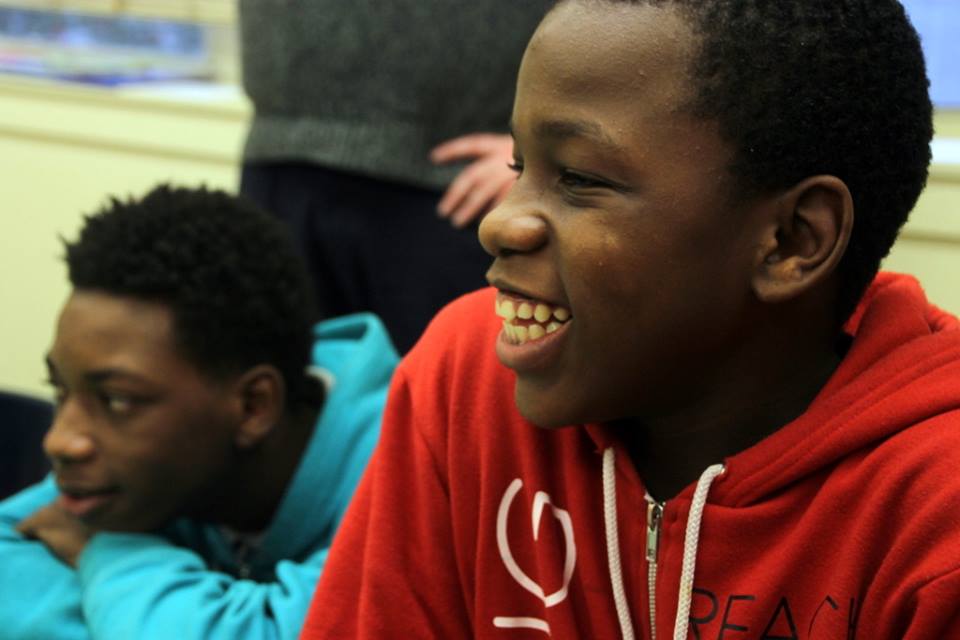The Average Student Myth: A New Study Focuses on the Importance of the Individual in Education
By Sheri Smith
In his book, The End of Average: How We Succeed in a World That Values Sameness, Harvard scientist Dr. Todd Rose examines the idea that there is no average person and that by ignoring individual differences – and what makes us each distinctive – we overlook potential and talent. The End of Average not only shows that there is no average person but also demonstrates the importance of nurturing traits that define each of us.
Dr. Rose’s work is part of a new field – the science of individuality— that looks for solutions to social problems by studying individuals rather than group averages. It is a recognition that each person has diverse talents. As the CEO of Indigo Education, I was curious to see if our own research would support Dr. Rose’s findings. I wanted to answer for myself whether the idea of the average student is really a myth.
The Indigo Assessment captured 150 dimensions of students – covering behaviors[1], motivators[2], soft skills[3], and perceptions[4]. The survey included four well-known corporate tools that have been used for the past 35 years.
The results were striking. Out of 15,012 students, not one fell into the average. Our analysis supported that the average student is indeed a myth.
Yet the education system is built on the myth that you can and should teach to the “average.” If a student does not fit into a very narrow mold measuring only academic performance, he or she is considered deficient. Students have little time for learning what matters: relationship building, developing soft skills, tapping into self-knowledge, and understanding how to exercise their constitutional right for the pursuit of happiness.
Ending average in education changes teacher training programs, what we spend our money and time on, how our schools look, how we measure success, how we define ourselves, and perhaps most importantly, how we give people the opportunity for leading a fulfilling life.
The real change that needs to happen in education is not 1-to-1 laptops, some amazing new common core, or the perfect super school – it’s a mindset shift from the system to the individual.
[1] Behaviors are measured by TTI’s DISC. DISC is a behavior assessment tool based on the DISC theory of psychologist William Moulton Marston, which centers on four different behavioral traits: dominance, influencing, steadiness, and compliance. This theory was then developed into a behavioral assessment tool by industrial psychologist Walter Vernon Clarke.
[2] The Indigo Motivators Assessment is based on the research of Dr. Eduard Spranger and Gordon Allport and their study of human value, motivation and drive.
[3] Soft Skills are measured using a Likert scale survey developed by Target Training International based on the most important soft skills for workplace success.
[4] Perceptions are measured with TTI’s version of the Hartman Value Profile. It is based on the science of formal axiology, developed by Robert S. Hartman, providing rational answers to many of our questions about human values. Our values are the keys to our personalities, to self-knowledge, and to understanding others.

